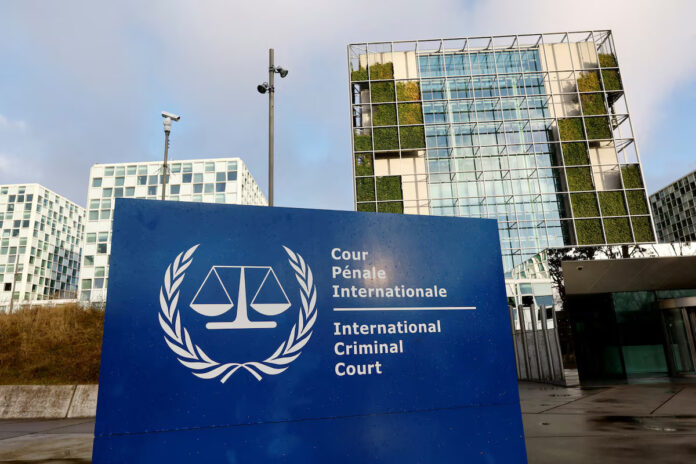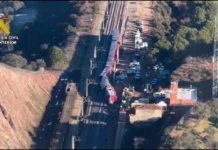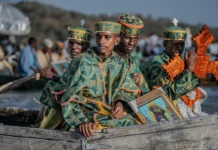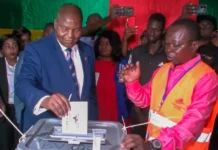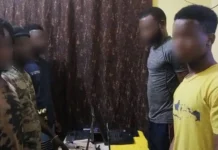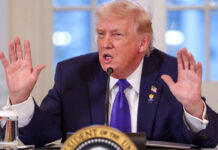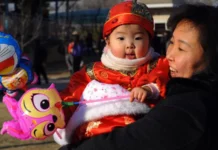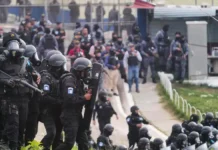Written by Lisa Murimi
The Trump administration on Wednesday announced fresh sanctions on two judges and two prosecutors at the International Criminal Court (ICC), intensifying Washington’s confrontation with the war tribunal over its pursuit of Israeli leaders and past investigations involving U.S. officials.
U.S. Secretary of State Marco Rubio described the ICC as “a national security threat that has been an instrument for lawfare” against the United States and Israel. The newly designated officials are Nicolas Yann Guillou of France, Nazhat Shameem Khan of Fiji, Mame Mandiaye Niang of Senegal, and Canadian judge Kimberly Prost. All four have been involved in cases linked to Israel and the U.S., according to the Treasury and State Departments.
The sanctions freeze any U.S.-based assets and effectively bar the officials from accessing the American financial system. They follow an earlier round of designations less than three months ago against four other ICC judges, in what analysts say could significantly disrupt the court’s functioning.
The move sparked swift backlash from allies and international institutions. France urged Washington to withdraw the sanctions, stressing that the judges’ work is “essential in the fight against impunity.” The United Nations also condemned the designations, with spokesperson Stephane Dujarric saying they impose “severe impediments on the functioning of the office of the prosecutor” and undermine the foundations of international justice.
The ICC itself called the sanctions “a flagrant attack” on judicial independence and appealed to member states to rally behind the court. “The Court calls upon States Parties and all those who share the values of humanity and the rule of law to provide firm and consistent support to the Court and its work carried out in the sole interest of victims of international crimes,” it said in a statement.
The sanctions come as the ICC handles politically sensitive cases, including investigations into alleged war crimes in Gaza. In November, its judges issued arrest warrants for Israeli Prime Minister Benjamin Netanyahu, former defense chief Yoav Gallant, and Hamas leader Ibrahim al-Masri.
The tribunal also has active probes into atrocities in Sudan, Myanmar, the Philippines, and Venezuela. In Afghanistan, prosecutors initially looked into possible crimes by U.S. forces, though since 2021 the focus has shifted to alleged abuses by the Taliban and Afghan government forces.
Netanyahu’s office welcomed Washington’s move, while critics warned it risked eroding international accountability mechanisms. The ICC, founded in 2002, has jurisdiction over genocide, war crimes, and crimes against humanity in its 125 member states or in cases referred by the U.N. Security Council. The United States, Israel, Russia, and China are not among its members and do not recognize its authority.
This latest escalation underscores the Trump administration’s deep hostility toward the ICC, which dates back to 2020 when sanctions were first imposed on former ICC prosecutor Fatou Bensouda and her aide over investigations into U.S. conduct in Afghanistan.









